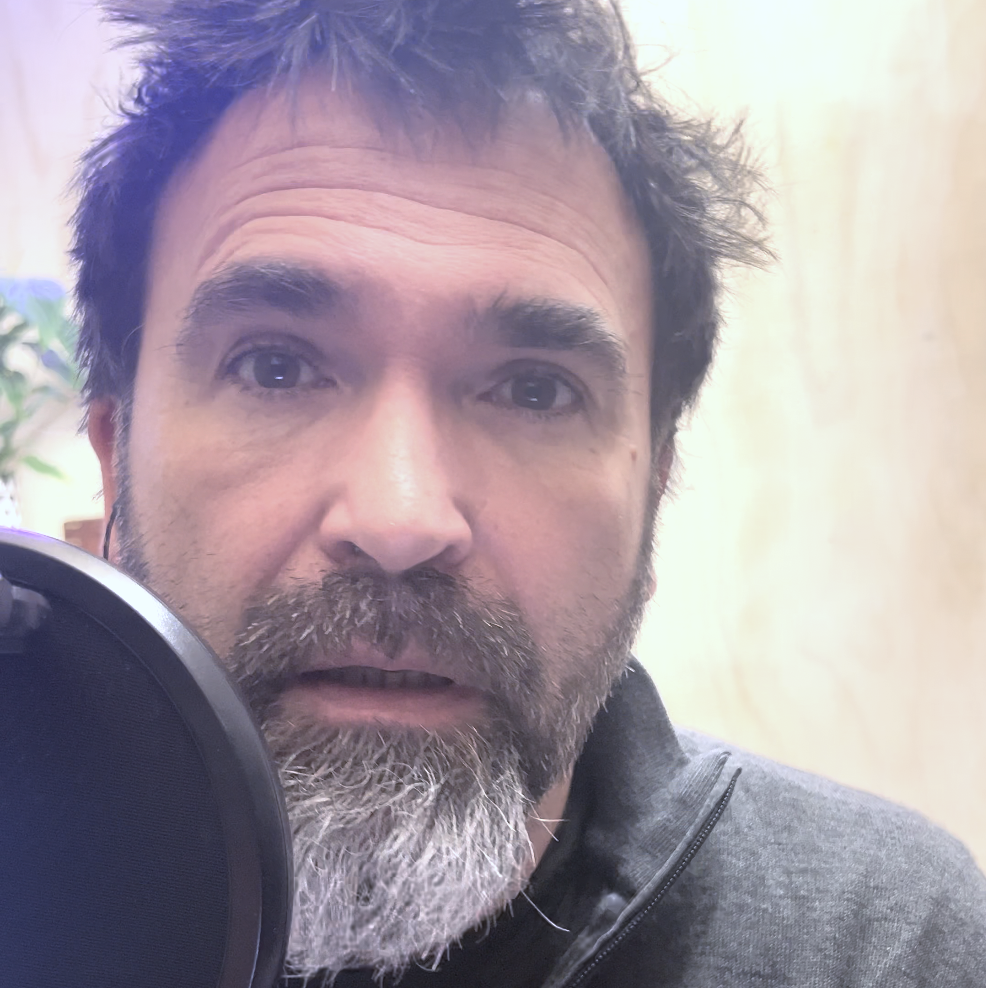Health and lifestyle audiobook narration with approachable science
Description
Read MoreVocal Characteristics
Language
EnglishVoice Age
Middle Aged (35-54)Accents
British (General)Transcript
Note: Transcripts are generated using speech recognition software and may contain errors.
Dan Butner lessons from the blue zones. He was working for National Geographic and was further supported by a National Institute of Aging Grant. When investigative journalist Dan Butner began to study and identify people who are longest lived. He defined these special people who have eluded heart disease, diabetes, dementia, and several types of cancer as being in the world's blue zones. But 2021 Dunn had learned that while genetics play a role in determining longevity, it accounts for only 20% or so of the factors that affect living a long and healthy life. So what accounts for the remaining 80% of contributors to longevity? His research uncovered nine key determinants, what he calls the power nine that underpin all five blue zones. One movement, the world's longest lived people don't pump iron, run marathons or join gyms. Dan reports in MBG health 2021. Instead, he finds that they keep in motion throughout their days living in environments that continuously encourage movement and physical activity. They don't plan or schedule workouts, yoga Pilates or runs. They just constantly keep busy doing housework, lifting and carrying, growing and tending gardens without using mechanical conveniences for yard work and housework, they walk and climb no elevators or escalators, much standing and little sitting or riding two purpose. The Okinawans call it I and the Nicos call it. These mean the same why I wake up in the morning. But 2021 aging experts calculate that. Having and appreciating a sense of purpose can add up to seven years to a person's life expectancy. This may be why we hear about people who stay healthy and robust after retirement by finding new activities. Unlike those who have nothing to engage in and enjoy and often are seen to deteriorate. Three destressing, everyone, even the longest lived experiences stress which can lead to chronic inflammation if left unchecked and result in a range of age related diseases, including many autoimmune disorders. Unlike the rest of us, the world's longest lived people have routines that dissolve that stress. Okinawans take a few moments each day to remember their ancestors, adventists pray Italians take a nap and sardinians do happy hour. Dan observes 48 to 80% Hai the Okinawan 2500 year old Confucian Mantra said before meals reminds them to stop eating when their stomachs are 80% full. Dan tells us apparently that last 20% gap between no longer feeling hungry and before feeling full could determine if you lose or gain weight. Blue zone. People eat their larger meals earlier in the day and make their last meal which they have late in the afternoon or early in the evening. Their smallest of the day five plant diets, beans and whole grains, plus vegetables and fruits. Seeds and nuts are the principal dietary choices of those living. The longest meat takes a back burner and is only consumed in small quantities. A deck of cards size servings and infrequently about four or five times a month. Kalle and fish is a preferred protein source for those cultures that can obtain it easily and at low to moderate cost, this is covered in greater depth in the previous section. In the Mediterranean diet, six, moderate drinking. Those who drink in moderation, 1 to 2 drinks per day, live longer than those who drink to excess and also longer than non drinkers. Medicine has not concluded whether this is because moderate drinkers are moderate in other things that keep them healthy or if the relaxation from a glass of wine or two with friends or with meals reduces stress and tension. Some studies attribute beneficial cardiovascular effects from the resveratrol in red wine. See the above review of the Mediterranean diet seven, keep the faith religious or spiritual beliefs have a surprisingly positive effect on longevity. All but five of the 263 centenarians we interviewed belonged to some faith based community denomination doesn't seem to matter as recorded in Dan's study. The findings are impressive. Research shows that attending faith based services four times per month will add 4 to 14 years of life expectancy but 2021.
